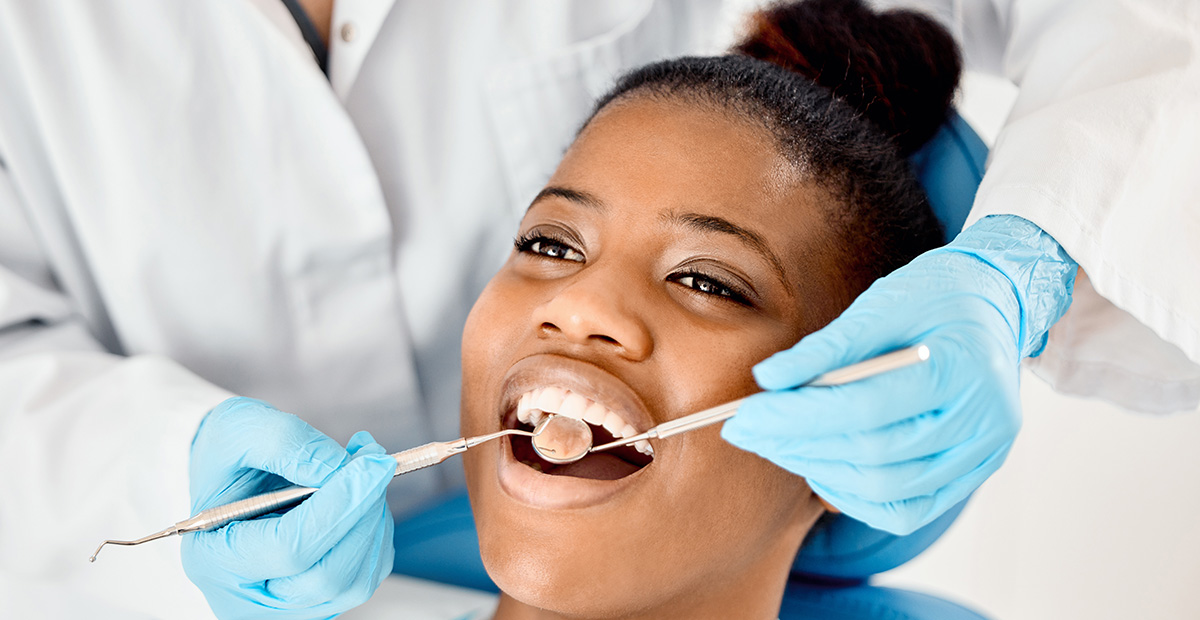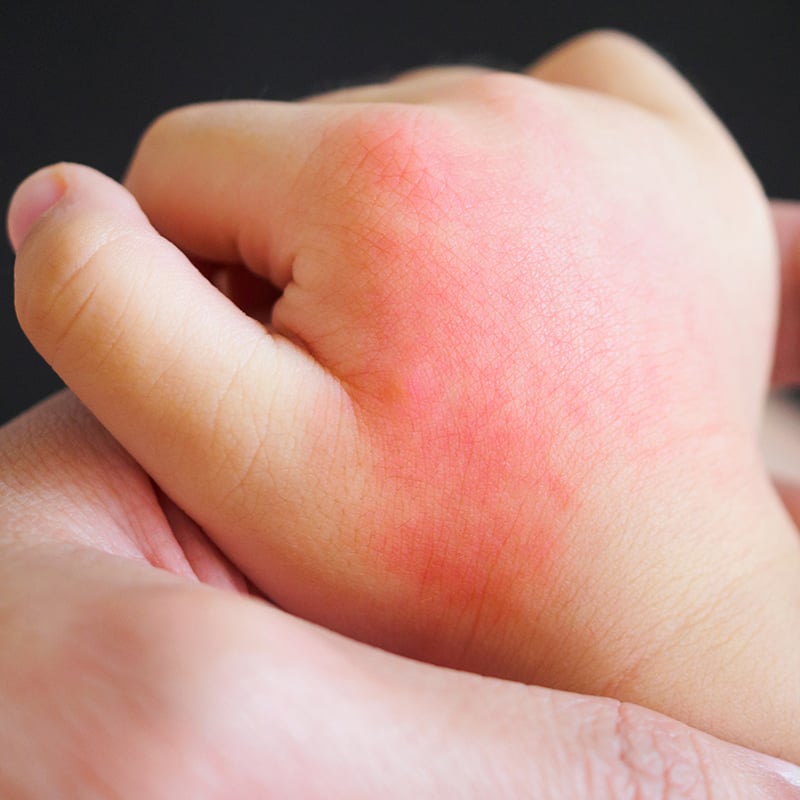New health trends that claim to be good for you have been around for a while. But nowadays, with social media, these trends can become popular faster, and reach more people.
One of the latest trends to claim health benefits is called ‘oil pulling’ – the practice of swishing coconut oil around in a person’s mouth to whiten their teeth, freshen their breath, and lessen the amount of bacteria in their mouth.
Ahmed Farag, DDS, is the Executive Medical Director of Dentistry for Rochester Regional Health and explains how the process works, and whether it has real benefits.
Understanding oil pulling
Oil pulling is not a new practice. People in the eastern nations of the world have used this particular method of oral care for centuries, mostly in the Indian and Chinese communities.
Even that long ago, there was an understanding that taking care of a person’s oral health had some overall benefits. A person would take a small amount of coconut oil and swish it around their mouth before spitting it out.
People who are now discovering the practice claim swishing these oils around for about 10 minutes helps to whiten teeth, reduce gum problems, and help with tooth sensitivity. The oils you see on TikTok or Instagram are often made with coconut oil, along with other ingredients such as mint, essential oils, and Vitamins D, E, or K2.
But there can be side effects if you swish the liquid around for too long, like feeling tired in your mouth muscles, joint pain, or getting a headache.
Considering other ways to care for your teeth
When you’re thinking about trying any new way to take care of your oral health, it is best to look for something that is strongly researched by scientific professionals and determined to be effective.
"Current scientific literature does not give strong evidence supporting the efficacy of oil pulling in dental health," Dr. Farag said. "While there are studies showing slight improvements in bacterial reduction, these findings are derived from moderate to low-level evidence and lack the rigor of large-scale, peer-reviewed research. It's very important to note the difference between anecdotal claims and tried & true practices in dentistry backed by scientific data."
Before you think about trying new ways to care for your teeth, you should make sure you are regularly maintaining the three important steps below that are proven to maintain good oral health:
- Brushing well for 2 minutes
- Flossing well
- Rinsing with mouthwash for 1 minute
It’s very important to do these things correctly. If someone flosses too hard and cuts their gums every time they use floss, it does not have real benefits. The same goes for using mouthwash for just a few seconds. In order for mouthwash to have an actual effect, it needs to be used for the recommended amount of time.
"According to a wealth of dental research, brushing, flossing, and the use of mouthwash remains the cornerstone of effective oral hygiene," Dr. Farag said. "These practices are not only deeply rooted in scientific understanding but also proven true time and time again through clinical studies. As of now, alternative methods - including oil pulling – are not proven to be as effective based on the current body of scientific evidence."









